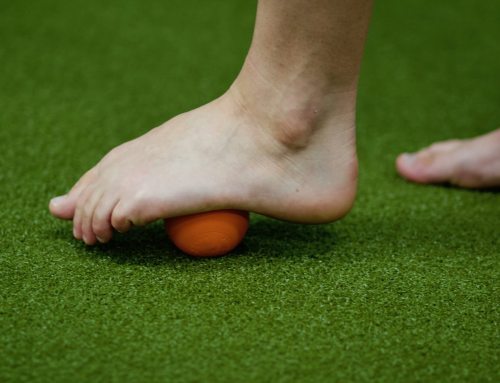
By Michelle Joshua and Brian Beatty
“As a lifelong runner and now triathlete, it seems I’m always training for something.” Does this quote sound familiar? At some point in training for a target event or season of events, the training workout can become just another item on the to-do list that must be packed into a busy day. One’s workout has become more work. One of the many reasons that we run, ride, swim, paddle, walk, or do whatever sport we do is usually the stress-reduction benefits of the exercise. Hopefully another of the reasons is for the pure enjoyment of being active and the joy of feeling alive that it brings.
Even with the variety of running, biking, and swimming, triathletes and runners can sometimes get stuck in a training routine that feels stale. At this point, one’s exercise and emotional attachment to it runs the risk of becoming a stressor instead of a stress reliever. The feeling of staleness or burden around training can be a sign of the onset of psychological burnout. Burnout negatively affects motivation for training and can lead to less than peak performances or the abandonment of otherwise healthy activities.
A balanced stress management program should include both strategies to boost positive emotions like satisfaction and fun as well as strategies to reduce stress. You may be getting the positive psychological benefits of exercise (such as a boost in mood, less worry, or clarity of thought) from your current training, but find that somehow the enjoyment factor has dissipated from your current routine.
One way to rejuvenate a stale routine is to simply try something different. We know cross-training has physiological benefits, but it can also serve to bring the joy back to a daily task. A multiperson activity, game, or team sport may give you the lift you need. Psychological benefits can be derived in many ways. A group or a team offers the social component or camaraderie that may be lacking from your own individual training and opens the door to new friendships or having time to spend with old friends. For some, setting and accomplishing team goals creates pleasure and satisfaction. Others may benefit from the letting go of goals completely, not keeping score, and just having fun with friends. Joy can also found in learning new skills, which may not occur frequently in sports like running and biking.
If you feel you need stress relief from your current routine, it could be that you are putting too much pressure on yourself because you strongly identify with your current activities. If that is the case, you might consider choosing a group activity or team sport that does not currently define you. In that way, your expectations, successes, or failures in that activity or sport do not have the same level of potential to negatively impact your strongly held identity.
Another potential benefit of group activity or sport team participation is the reduction of anxiety associated with being the sole performer. Being part of a group or team allows for a diffusion of perceived responsibility for the outcome. If you are not in sole control of the outcome, you can’t take sole responsibility. This necessary psychological process of letting go is healthy and pleasurable once achieved.
As a final benefit, doing a completely different activity provides physiological cross-training. Cross-training will work different muscles and can potentially reduce concerns about injury or reinjury by taking pressure off of overused muscles. This is not only good for you, but usually simply feels good to do.
As a final caution—if a lack of motivation and fun persists even after trying a new activity, it could be a sign of a more significant concern. Overtraining or fatigue syndromes, hypothyroidism, nutritional issues, and depression are all medical issues that can be successfully addressed. Consulting with appropriate medical personnel could help to delineate a clinical issue from a more benign lifestyle concern.
# # #
Michelle Joshua, PhD, understands the importance of being active to satisfaction in life. She is a licensed psychologist and certified sport psychology consultant with offices in Raleigh and Carrboro. Visit www.balanced-movement.com for more information on Michelle.
Brian Beatty, PT, has the fun of working at Balanced Physical Therapy (www.balancedpt.com) and keeping people participating in any activity they choose.





